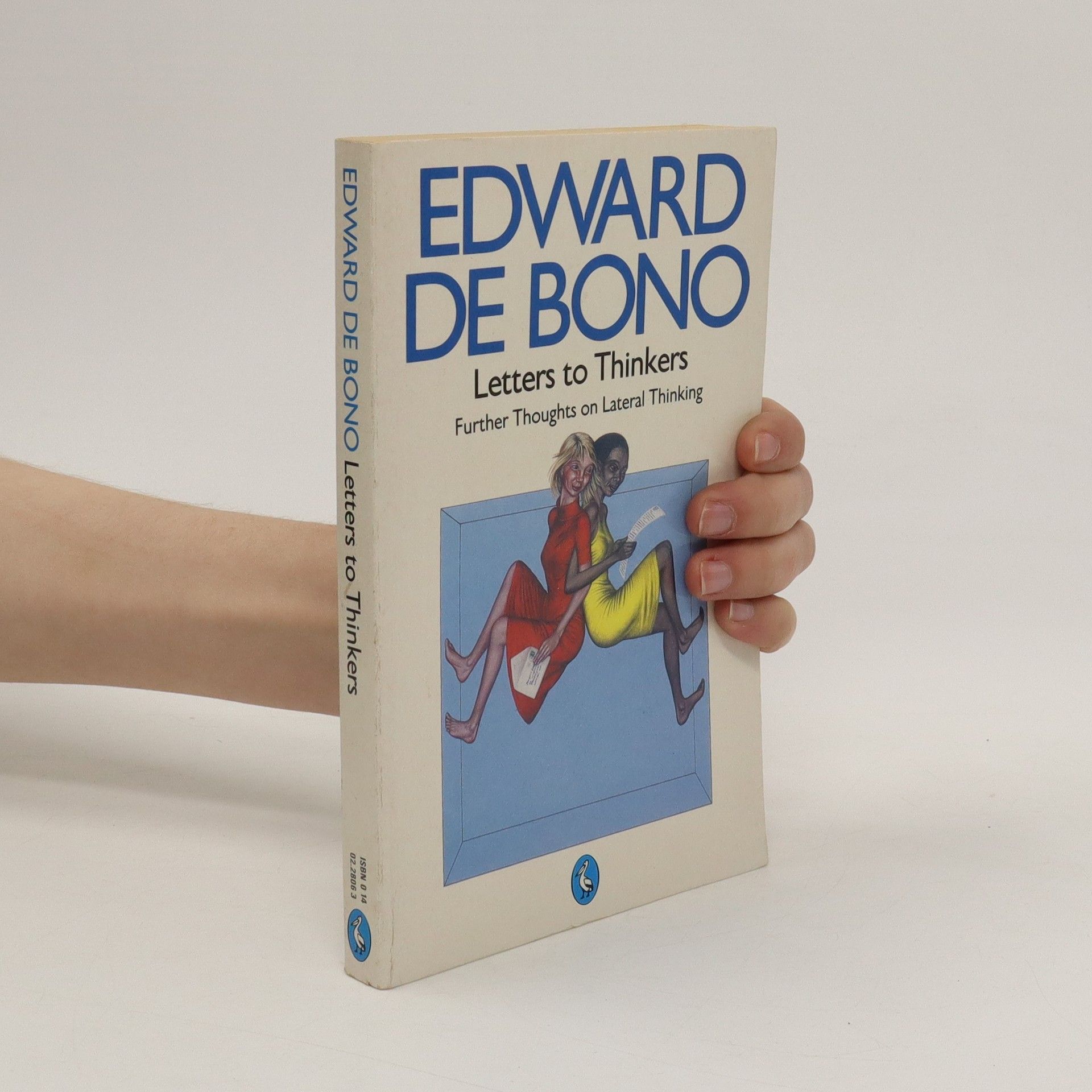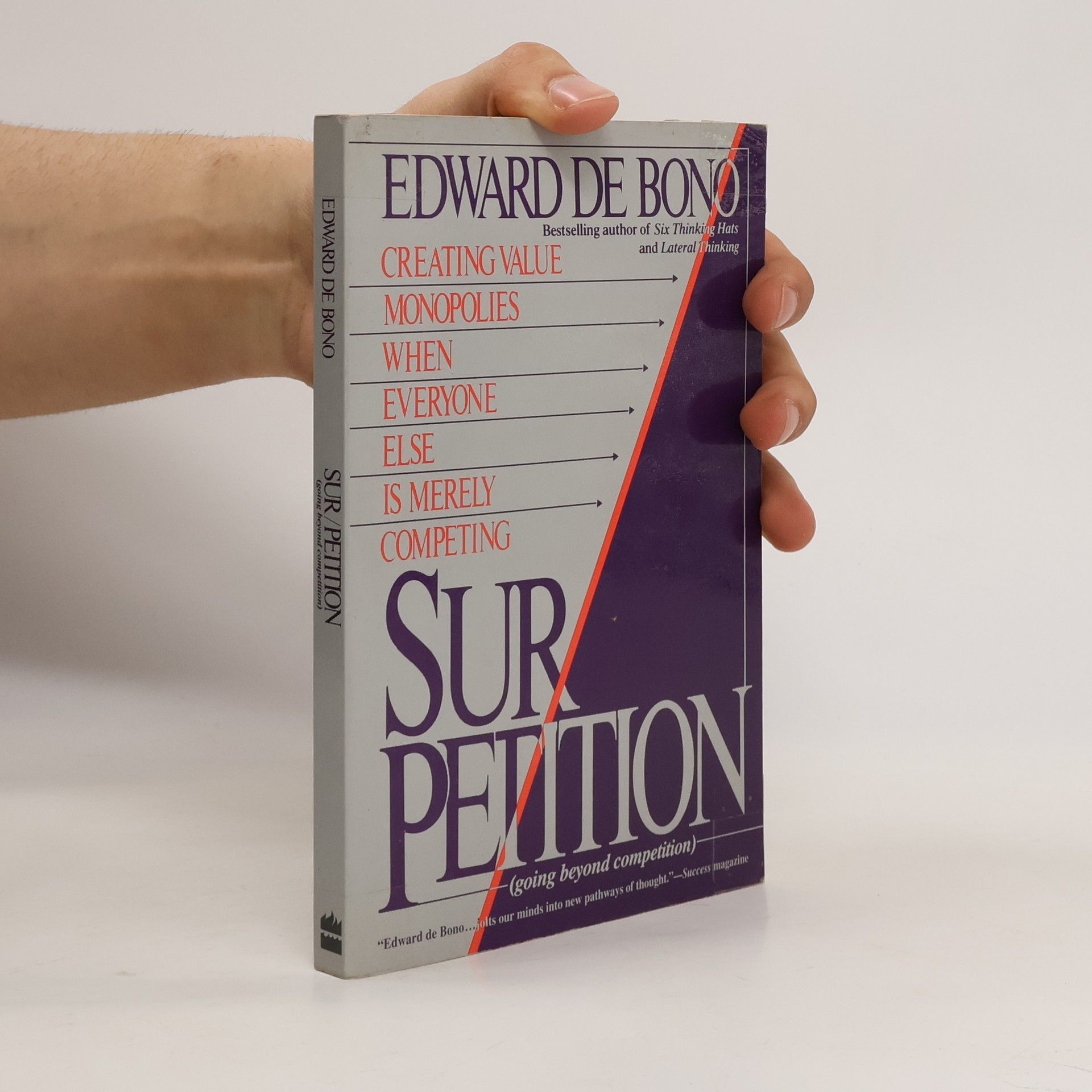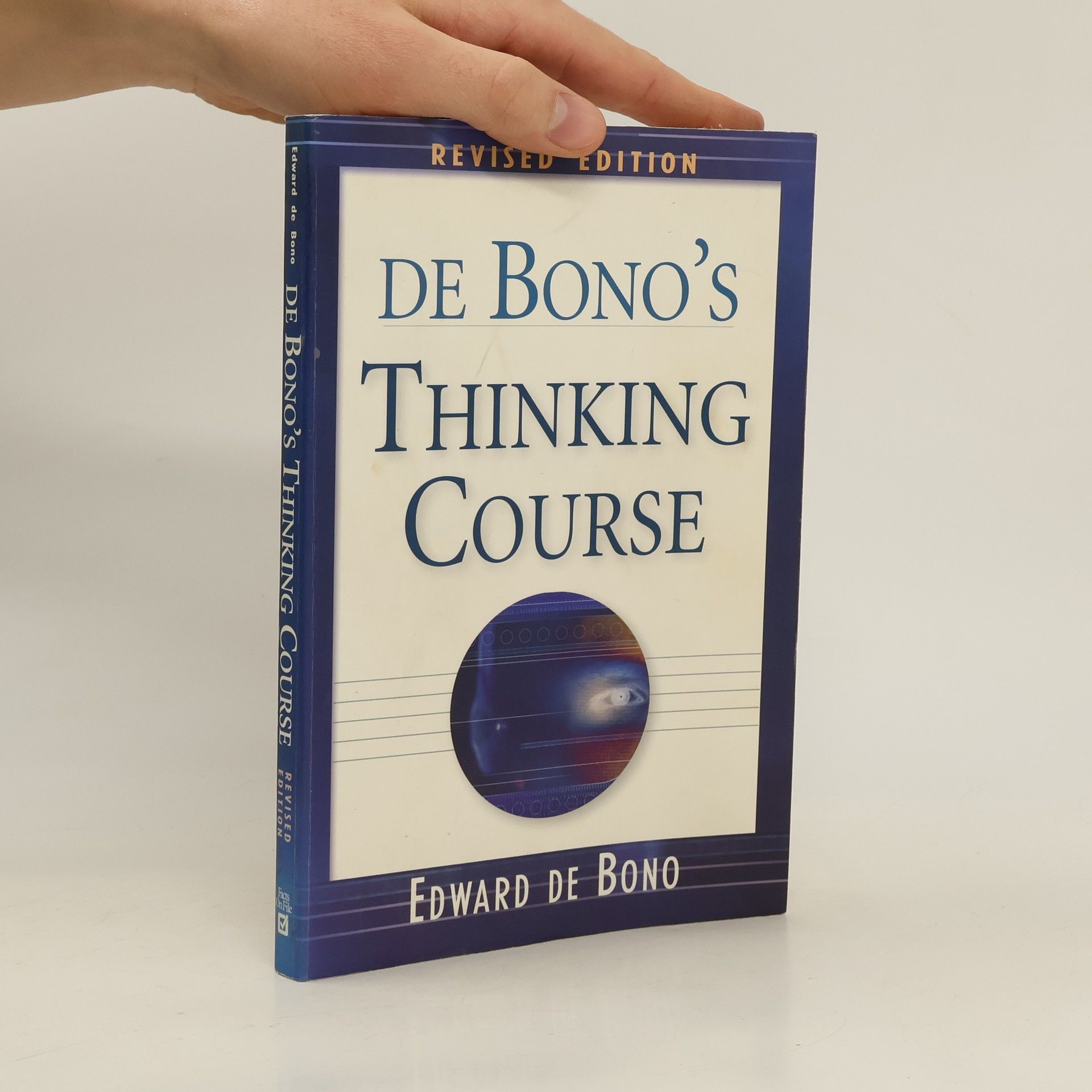Edward de Bono Libros
Edward de Bono fue un médico, autor, inventor y consultor maltés. Es conocido principalmente como el creador del término 'pensamiento lateral' (creatividad estructurada) y el principal defensor de la enseñanza deliberada del pensamiento en las escuelas. Su obra se centra en el desarrollo de enfoques y métodos innovadores que ayudan a superar los patrones de pensamiento tradicionales y estimulan la resolución creativa de problemas. De Bono ofrece así a los lectores herramientas para una comprensión más profunda y para dar forma activa a sus propios procesos de pensamiento.


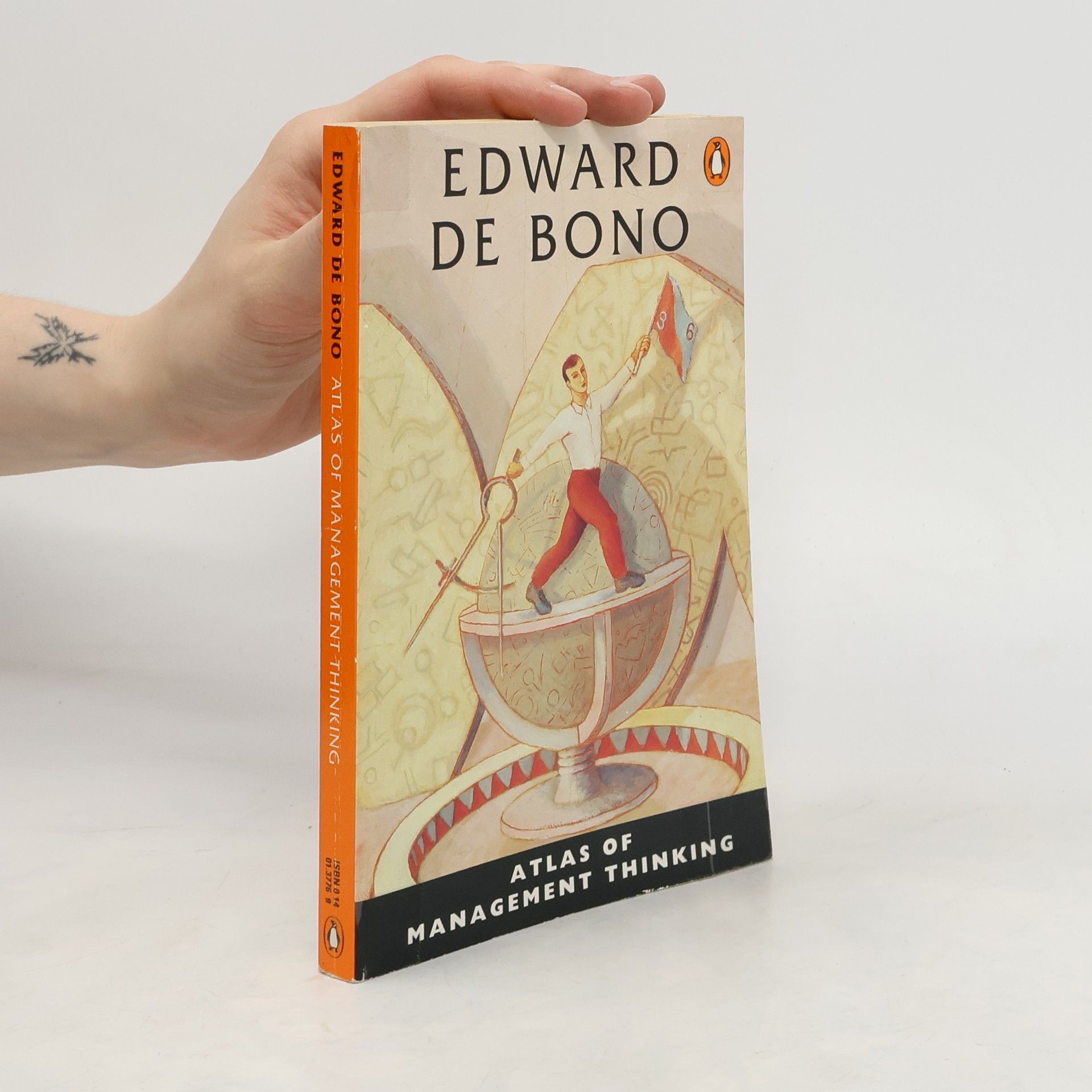
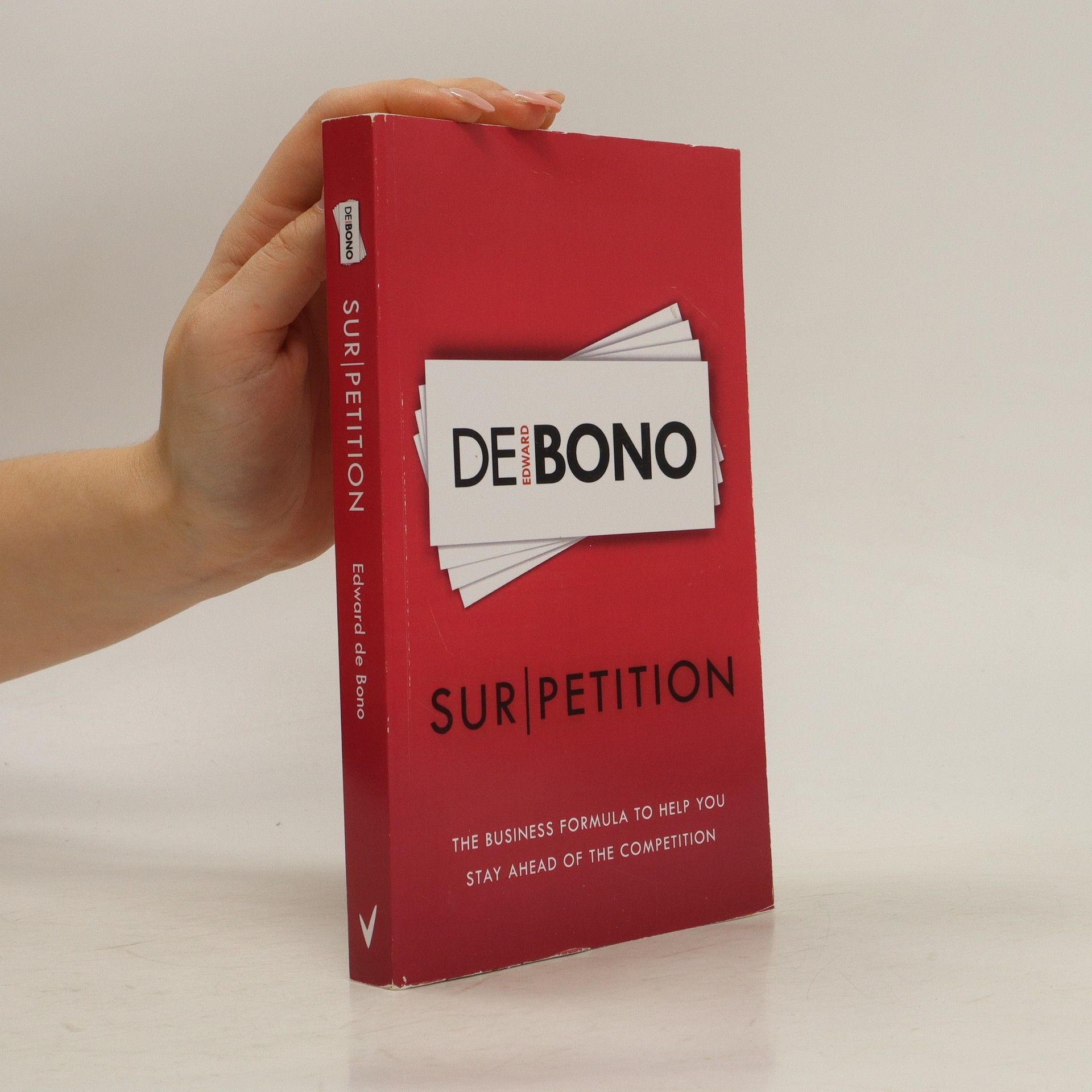
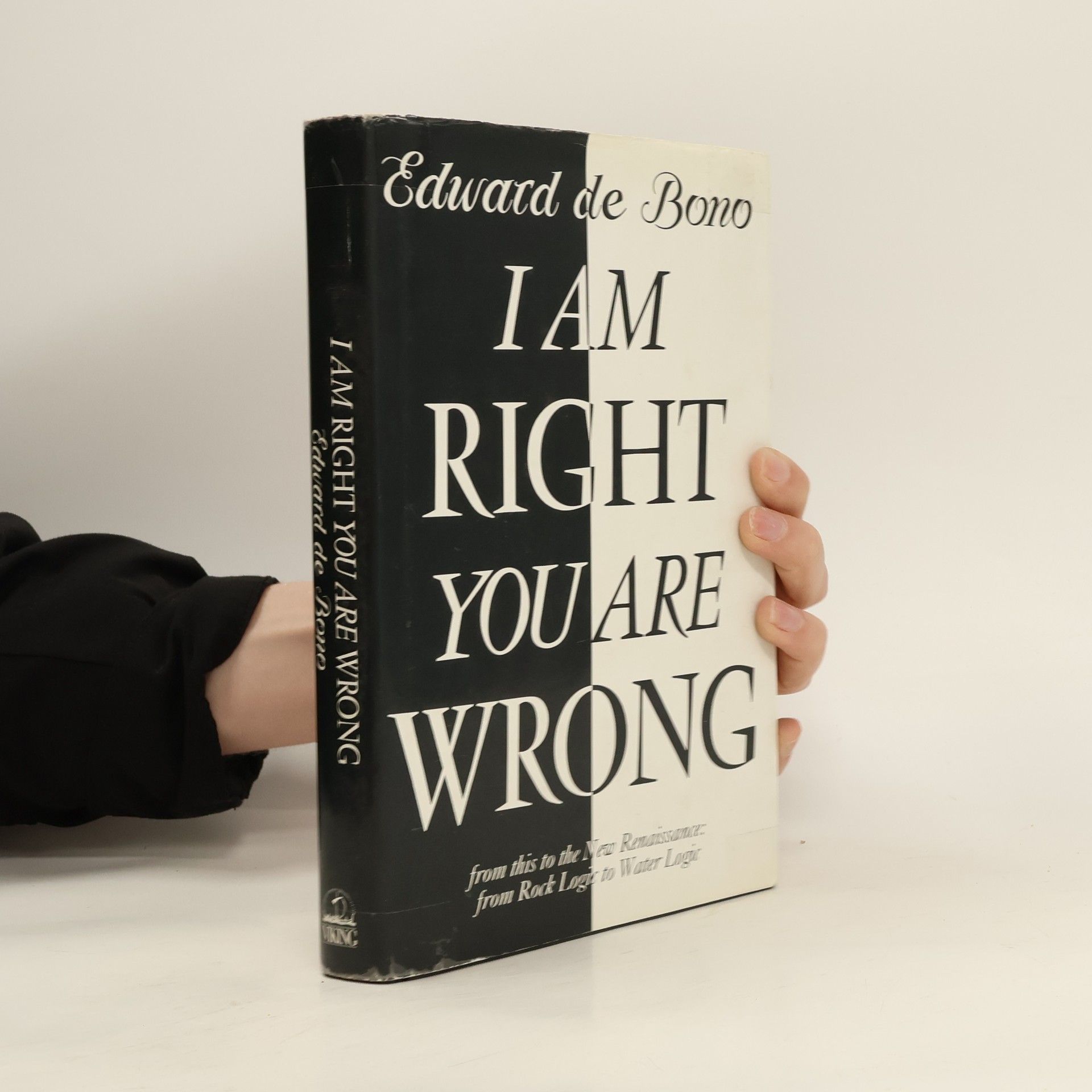
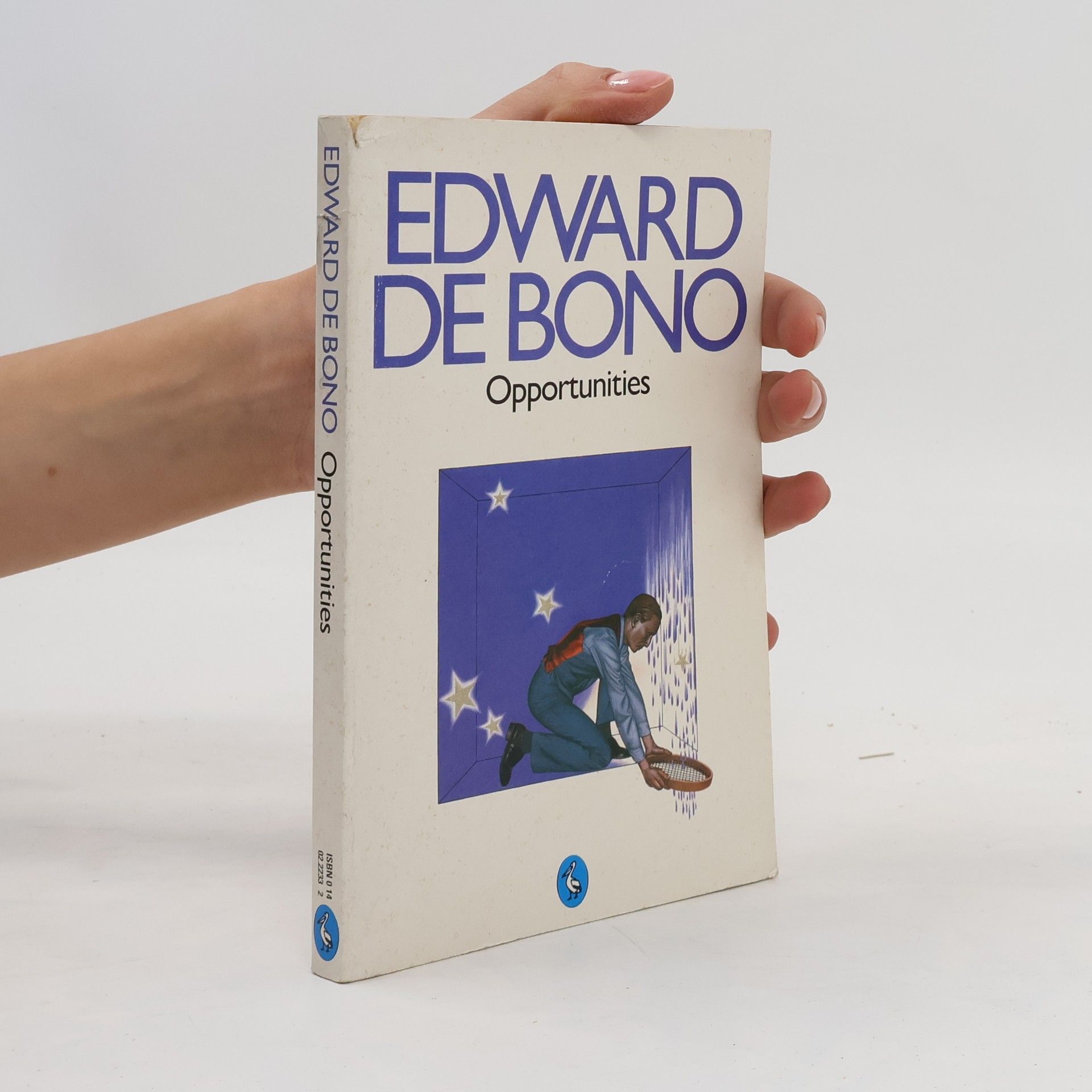

Opportunities
A Handbook of Business Opportunity Search
SHIPS SAME DAY FROM NC, CHARLOTTE Book covers & interior are clean and covers are high gloss. There are about a few small black ink checkmarks on about 4 pages inside the book. Information is still true today for business! First printed in 1978, this is the 1991 reprint. Softside Paperback 6" x 8"
I Am Right, You are Wrong
From this to the New Renaissance, from Rock Logic to Water Logic
A claim that we can now for the first time in history, begin to understand how the brain behaves as a self-organizing system in which information arranges itself into patterns. It suggests that humour is the most significant activity of the brain while argument is a poor method of exchange
Sur/petition
- 240 páginas
- 9 horas de lectura
Don’t chase the market leader, be the market leader. Edward de Bono, the bestselling author of Serious Creativity and inventor of lateral thinking teaches you how to move beyond the baseline of competition and find success with sur/petition. It's simple. If you want to survive in the global marketplace a competitive streak is essential. But what if you want to do more than just survive? In Sur/petition de Bono explains how choosing to run in your own race instead of alongside others will give you the edge over other businesses and creating value monopolies will allow your business to not only survive but become successful. Broken down into 3 sections Sur/petition will explain: 1. Why most fundamental habits of management thinking maybe inadequate and even dangerous for your business 2. The difference between traditional competition and sur/petition 3. The meaning of ‘valufacture’ and how to create value for your business Drawing from his immense experience consulting the top corporations in the world, de Bono shows you how to go 'beyond competition' and create a new winning game.
Atlas of Management Thinking
- 224 páginas
- 8 horas de lectura
First published in 1981, this was the first book ever to be written explicitly for the right side of the reader’s brain. Much has been made of the research conducted into the left side of the brain – home to language and logic. The right side works in images, whole patterns and undefined feelings – none of which can be verbalized. This more elusive thinking often functions as what is loosely called ‘intuition’. In Atlas, de Bono shows us how to use the right side. It is an atlas because it is a visual reference of images and illustrations that point the reader in the right direction (literally). For anyone who has ever been told to trust their instinct, or who is concerned with management and decision-making, this book is a de Bono classic.
The Mechanism of Mind
- 288 páginas
- 11 horas de lectura
Paperback different cover, in very good condition, cleaned pages. Fast shipping...(A-12)
Letters to thinkers : further thoughts on lateral thinking
- 336 páginas
- 12 horas de lectura
Letters to Further Thoughts on Lateral Thinking
Serious Creativity : Using the Power of Lateral Thinking to Create New Ideas
- 352 páginas
- 13 horas de lectura
Creativity is becoming increasingly important for all businesses as competition intensifies because to act creatively is the best and cheapest way to get added value out of existing resources and assets. In this book, the author brings up-to-date the core concept of his book Lateral Thinking.
Sur Petition
Creating Value Monopolies when Everyone Else is Merely Competing
Creative genius and bestselling author Edward de Bono reveals the startling future face of business: the creation of value monopolies that change the very nature of company and customer.
From back: " ... demonstrates how to think more effectively through attention, practice and a series of exercises."
